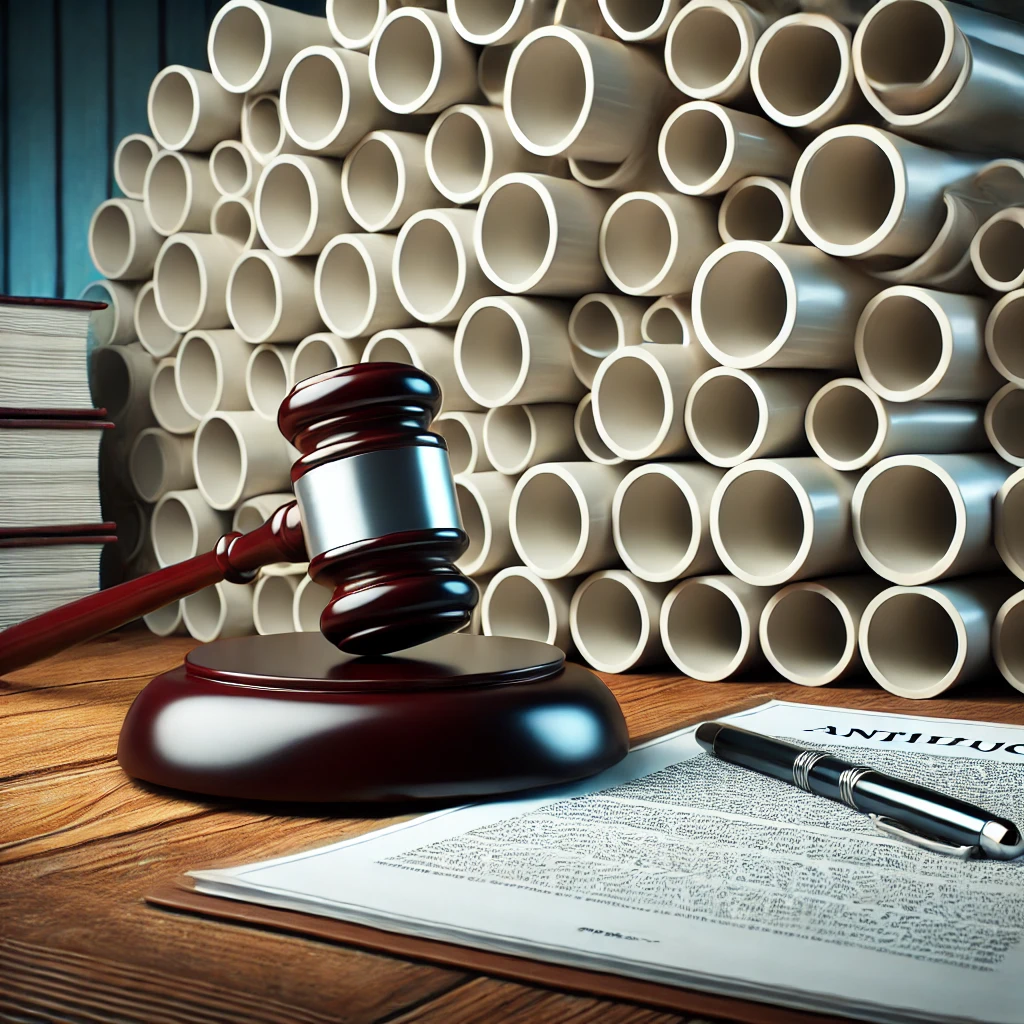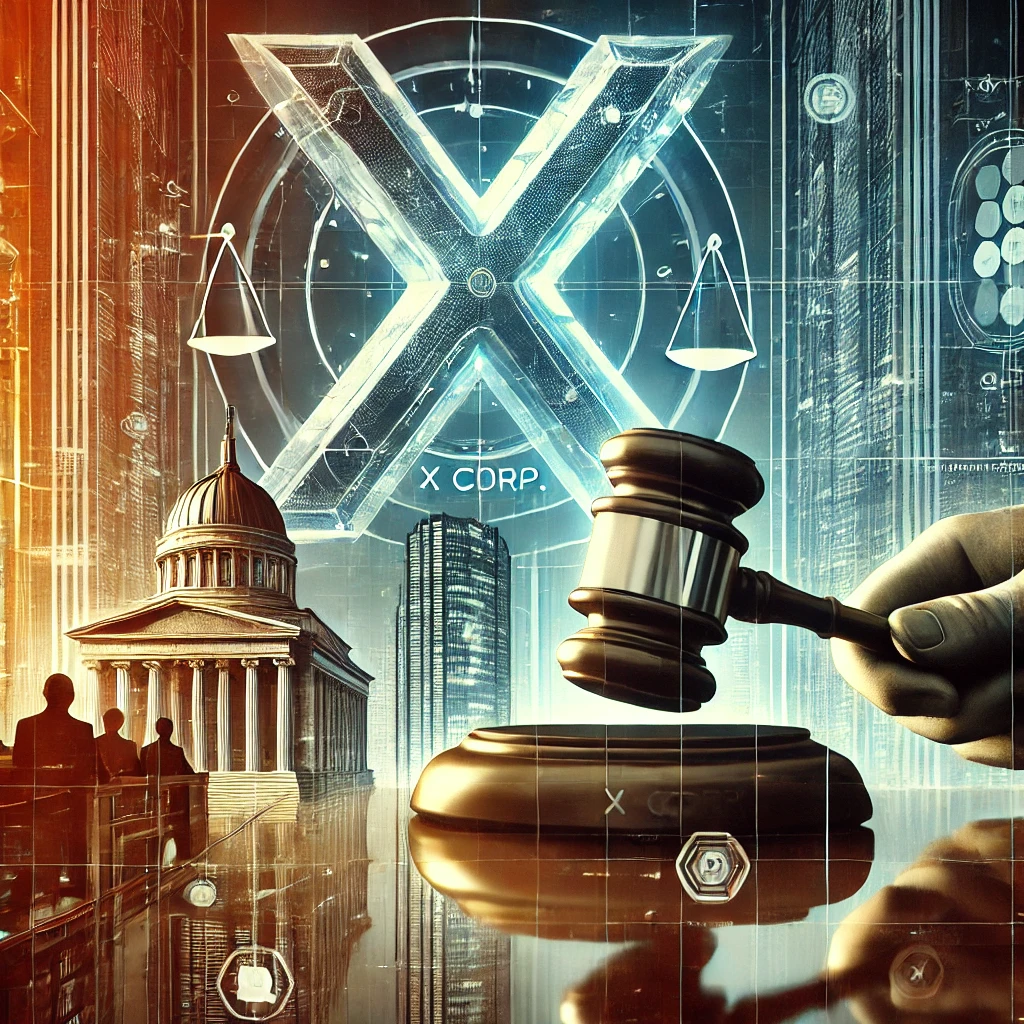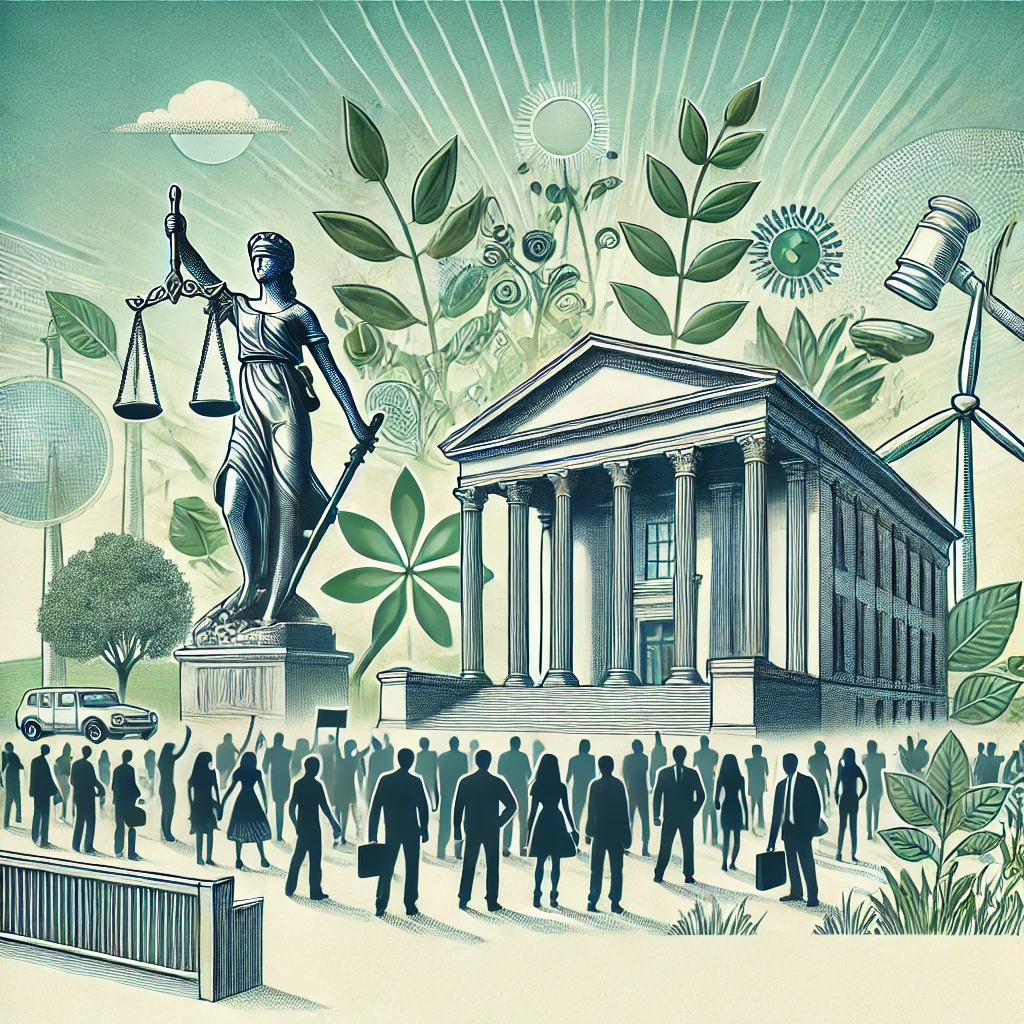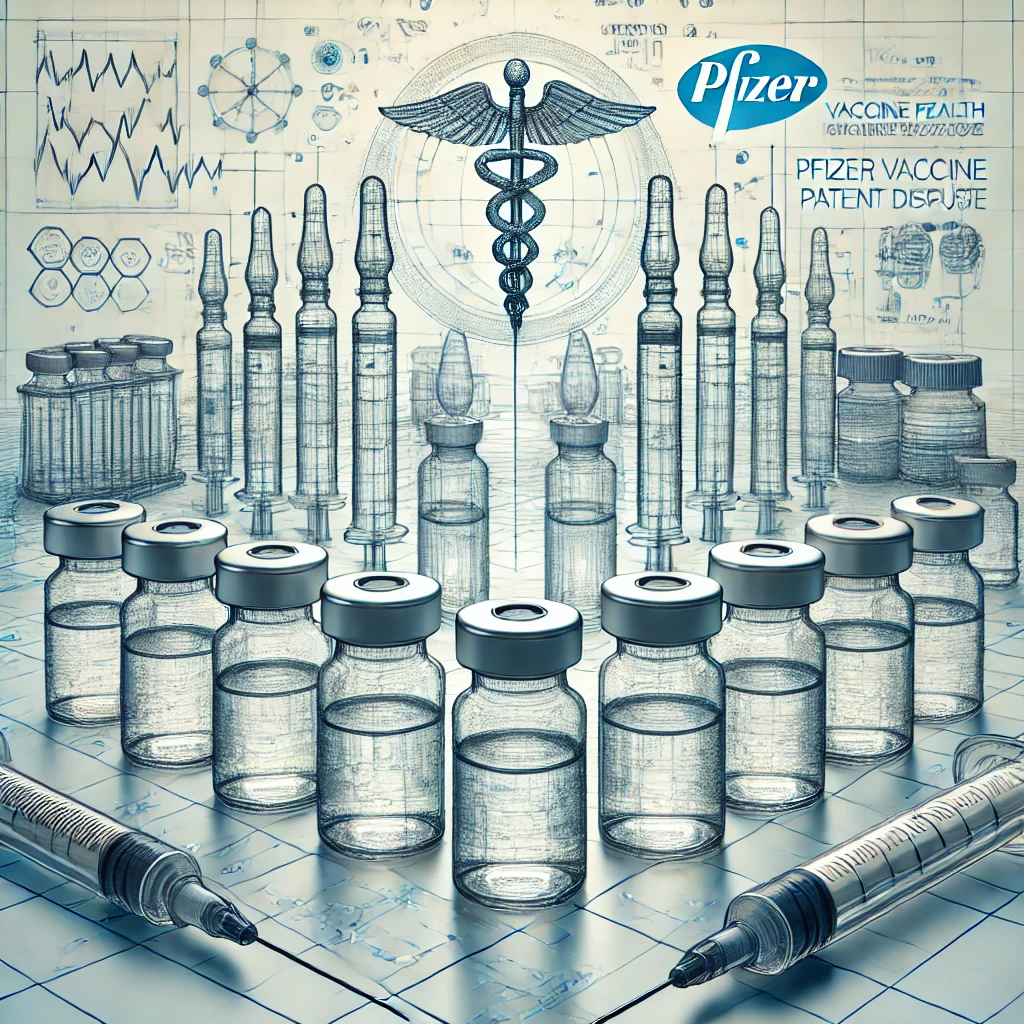Surge in Child Sexual Assault Lawsuits Threatens Financial Stability of California Counties
California’s Assembly Bill 218 has led to a significant increase in child sexual assault lawsuits, placing immense financial pressure on counties like Los Angeles. With over 7,000 claims alleging abuses dating back to the 1950s, potential liabilities could reach billions, risking bankruptcy for some counties. This article will explore the origins of these lawsuits, the legal arguments presented, and the broader implications for public entities and services in California.
The surge in lawsuits stems from the law’s provision that temporarily lifted the statute of limitations for child sexual abuse claims, allowing survivors to file cases that were previously time-barred. While this move was praised as a victory for survivors seeking justice, it has also placed a heavy burden on local governments that may now be held responsible for decades-old incidents occurring in schools, foster care systems, and other public institutions.
Local governments argue that while accountability is necessary, the financial strain could be overwhelming. Los Angeles County, one of the hardest-hit areas, faces thousands of claims and the possibility of settlements or verdicts reaching billions of dollars. If the lawsuits continue at this pace, some counties warn that they may have to cut critical public services, such as law enforcement, public health programs, and social services, to cover legal expenses and settlements.
Legal analysts note that these lawsuits could reshape how local governments address past abuses, leading to policy changes, stricter regulations, and potential restructuring of county budgets. Critics argue that while justice for survivors is necessary, the financial impact could hinder essential public services, including law enforcement, education, and healthcare. The lawsuits also bring attention to the need for more robust oversight of institutions responsible for the welfare of children, ensuring that history does not repeat itself.
As cases proceed through the courts, municipalities are bracing for possible settlements and jury verdicts that could have lasting economic consequences. Some cities and counties have begun lobbying for state assistance, arguing that the burden of past failures should not fall entirely on the current taxpayers. Others are exploring alternative solutions, such as establishing dedicated funds for victim compensation or negotiating bulk settlements to prevent drawn-out litigation.
The legal battle also raises questions about the role of insurance in covering such extensive claims. Many government entities carry liability insurance, but with such a high volume of lawsuits, insurers may challenge payouts or increase premiums significantly, adding further financial stress. In some cases, insurance providers may refuse coverage, forcing counties to absorb costs directly from their budgets, further exacerbating financial woes.
The broader debate highlights the balance between providing justice for victims and ensuring the financial stability of public institutions. Survivor advocacy groups argue that no amount of money can undo the trauma endured by victims, but holding institutions accountable is necessary to prevent future abuses. They contend that financial hardships faced by counties are a consequence of past negligence and that justice should not be delayed due to monetary concerns.
On the other hand, municipal officials stress that the costs of litigation could hinder progress in other areas, affecting education, public safety, and infrastructure projects. Some experts suggest that legislative action may be necessary to create a long-term solution that ensures compensation for survivors while maintaining the financial health of local governments.
The outcome of these lawsuits could set a precedent for similar cases nationwide, influencing how state and local governments handle claims of historical abuse. Whether through settlements, legal reform, or financial restructuring, counties must navigate a complex legal and ethical landscape that will shape public policy for years to come.











